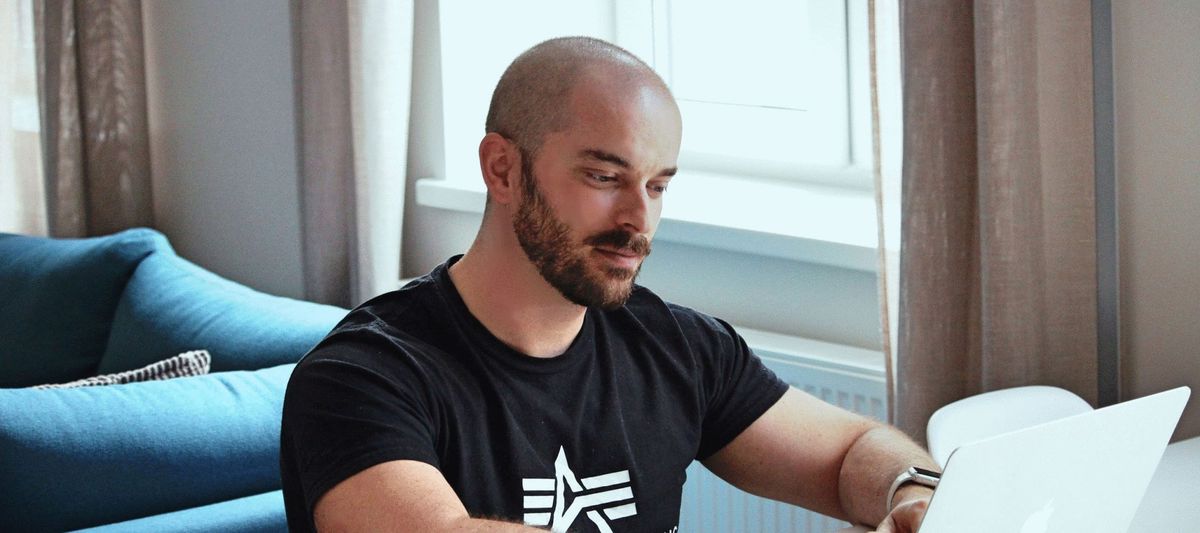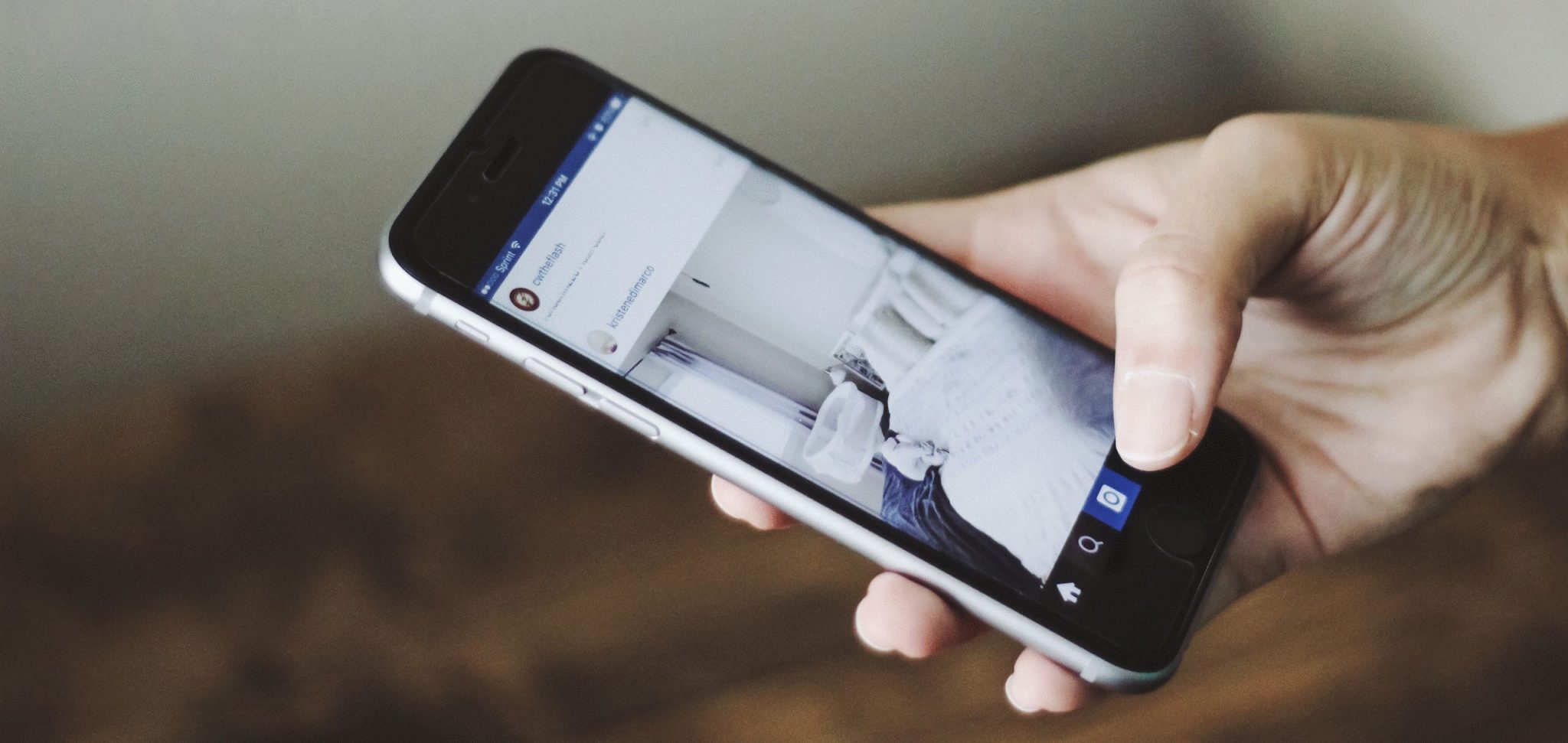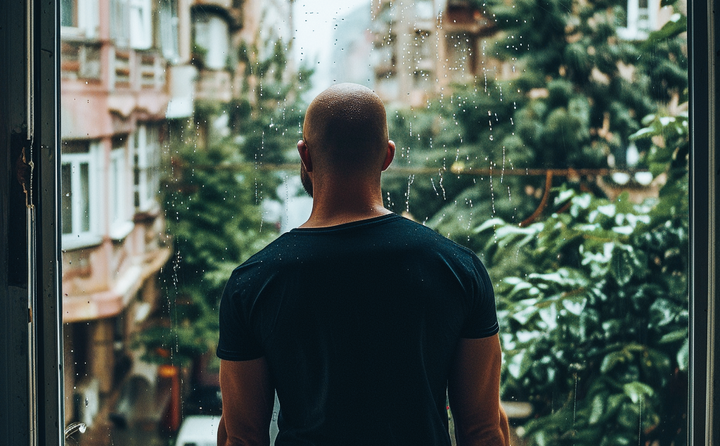Free yourself. Quit social media.

Quitting social media? Are you serious?
Technology allows us to be hyperconnected. Not only social networks, but online services and a whole new generation of communication channels like Slack or Skype have opened the doors to remote work and location independence in extraordinary new ways.
However, they have also brought a plethora of distractions, notifications and interruptions competing to get our attention.
This is the first article in a series of posts exploring the “Deep Work” concept. In my opinion, we should be more conscious about how we spend our time, and try to get rid of the things that, instead of adding value to our lives, are a source of continuous distractions.
Quitting social media, for me, has been one of the most effective techniques for regaining control of my life, being more focused at work, and have more free time to spend with my family and friends.
Yes, you read that right. I don’t have a single social media account. No Facebook, Instagram, Twitter or LinkedIn. I don’t even have a WhatsApp account. And yet, I’m still alive, haven’t become a social pariah, and actually hang out with friends and stuff from time to time .
The True Meaning Of Engagement
Our smartphones have become an essential part of our lives. We carry them everywhere we go.
As a result, we spend quite a long time every day staring at our screens. According to TechCrunch: “users in the U.S. spend an average of over 2 hours and 15 minutes in apps every day, which amounts to over one month out of the year. In South Korea, Brazil, Mexico and Japan, that number is even higher, […] averaging around 3 hours daily.“
Let’s travel back some years ago, to 2008, when the iPhone was young and the App Store had just been born. During those days, social media was still in its infancy. The most usual monetizing model for Apps was buying them, paying a fixed amount.
However, the advent of social media and the appearance of free, ad-supported Apps drastically changed that. Soon, companies realized that the money was in offering a service for free to the users, while collecting data about them to sell to advertisement companies. Social networks like Facebook, Instagram, Twitter or Youtube have certainly mastered this.
In order for their business model to be profitable, they need you to spend a lot of time every day on their Apps. Actually, the more the better.
That’s engagement.
That’s the reason why now Youtube not only offers you new suggestions for you to watch, but directly autoplays another video when you finish the one you are watching. It’s the reason why you get notifications every time one of your friends comments one of your posts on Facebook, tags you on a picture, or simply when it’s been a week since you posted something.

Time Is A Scarce Asset Today
The odd thing was that, no matter how much time he saved, he never had any to spare; in some mysterious way, it simply vanished.
— Michael Ende – Momo.
We are overloaded with notifications today. An estimate from 2015 calculated that the average user received almost 46 notifications per day. Obviously, in 2017 this number probably has increased significantly.
Every time you receive a notification, pick up your phone or raise your wrist to have a look at your smartwatch, you loose the focus on what you were doing. That’s a fact.
Then, when you get your attention back to your work, your mind needs some time to readjust and be productive again.
When several notifications, messages and interruptions pile up, your capacity of staying focused during a prolonged period of time is severely affected.
Benefits Of Quitting Social Media
Back in 2015, I realized I was not being really productive at work. I usually worked from 9am to 6-7pm, sometimes even more. However, the outcome was not on par with the time and effort I was devoting to it.
Maybe I was burning out? Or I had grown tired of working at home?
By that time, a friend of mine recommended me the book “The 4-hour Work-week” by Tim Ferris. Even thought I don’t think reaching a 4-hour workweek is a realistic goal for everybody, the book was an eye-opener for me. Concretely, I realized the time I was spending in social media, never-ending meetings and other useless distractions.
I started to explore similar books, and finally got to “Deep Work” by Cal Newport. This is for me the ultimate resource to go distraction-free. I highly recommend you both.
My main conclusion was: I was spending too much time on social media.
Thus, I decided to do a conscious effort to reduce or even eliminate the amount of time I was wasting on it.
To my surprise, the effects were almost immediate. At first, I kept on grabbing my phone from time to time, trying to open the Twitter App and not finding it anywhere. Then, after some time, I started to get used to the fact that there was nothing interesting going on inside my pocket, and was able to spend more time working and, hence, finishing earlier. Also, an interesting side effect for me was feeling less anxious.
Additionally, some social networks like Twitter are prone to hatred or destructive political arguments. And I know I am an easy target for those.
The effects were so positive that I closed all my social media accounts for good. Replacing the time I spent there with things like meditation has made a difference in my life. I talk about meditation and mindfulness in this post.
Can You Really Escape Social Media?
You certainly can.
Quitting social media now might seem like an impossible task, especially for the younger generations. They have grown up with it. All of their friends are on social media. Probably, most people nowadays interact more with their friends online than offline.
Indeed, it will probably require some extra effort from you. If you want to meet your friends, you will have to call them, or at least send them a message. Don’t replace social media with messaging, however. All in all, it’s another, very similar source of distractions.
Try and hang out with your friends the old, fashioned way. I mean, gather and go to a bar, or have dinner at a nice restaurant. Do something together. You might not get likes, but you will definitely like spending time with them.

Techniques For Quitting Social Media
These are some techniques I followed to get rid of social media, step by step.
Remove Social Media Apps From Your Phone
The first step is removing all social network Apps from your smartphone. Be ruthless and merciless. Facebook, Twitter, Instagram, Pinterest… you name them. Remember that Youtube is a social network too.
Messaging apps, especially the ones that allow group chats, could be considered also social media in this context. One of the Apps whose deletion gave me more peace of mind was WhatsApp.
I have iMessage, yes, but only because people don’t add me to groups there. I will talk in a future post about how to educate people to not expect an immediate answer from you.
Become a Publisher, Not A Consumer
If you positively need to use social media to share content from your blog, or as a work tool to promote your services and engage with your audience, I would recommend you to use apps like Buffer or Hootsuite to publish content. That way, you will avoid the procrastination vicious circle that happens when you enter Twitter to share your last post and find yourself 30 minutes later discussing about bitcoin cakes with a guy named @cryptonerd2012.
If you need to keep social media Apps like Instagram, make sure to keep them in a secondary screen of your phone. Your home screen should contain only relevant Apps that you use everyday, like Mail, Uber, Calendar, banking Apps, and others. Create a second screen and put all the social media apps there, including publishing Apps like Buffer or Hootsuite.
If completely quitting social media is not an option for you, become a publisher. Stop being a consumer.
Disable All Social Media Notifications
This is important too. Unless you work as a Community Manager, or offer some kind of support to your customer via social media, remove all notifications from social media Apps. This includes both push notifications requesting your attention from your smartphone’s screen and email updates.
It takes some time to actually disable all email and push notifications for all your social network accounts, but it’s worth it. Remember, Facebook, Twitter, Instagram et al need your time. If your account doesn’t generate relevant notifications, they will make some up and try to get you back.
Allocate a specific time during the week to check out your newsfeed and messages from friends and relatives. Stick to it, and resist the temptation to open the app when you have 1 boring minute at the bus stop or at the toilet. Try to occupy those moments with something more useful. Read a book, learn a new language, or just think.
Hire someone
If you offer support to your customers on social media, my suggestion is to hire someone to do that for you, if you can afford it. The benefit in free time to devote to more important things greatly out-weights the costs of hiring a freelancer some hours a week.
Analyze
After spending some time (weeks, or months) without notifications, without mindlessly opening Facebook every 5 minutes when you receive a notification, stop for a moment to analyze what is social media adding to your life.
Do you miss it? Do you still find it useful when you check your newsfeed every week? Is it worth it?
Consider also what you have gained: more free time, less anxiety and FOMO, and decide whether you want to keep you social media accounts any longer.
Conclusion
This is the first post of a series of articles revolving around the negative effects of social media. It is also related to some of my posts about Deep Work.
Being focused and able to work distraction-less is becoming increasingly difficult. Most Apps from our smartphones nowadays fight for our attention and time.
As I mentioned, in my opinion, we should be more conscious about how we spend our time, and try to get rid of the things that, instead of adding value to our lives, are a source of continuous distractions.
Quitting social media is definitely the most important step you can take in that direction.
Have you tried quitting social media yourself? Do you have any interesting experience to share? Don’t hesitate to do so in the comments!




Comments ()